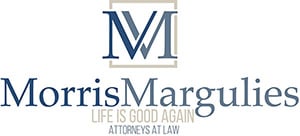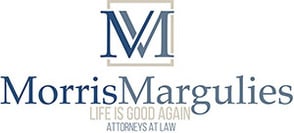In the recent case of Failla v. Citibank, NA (In re Failla), 2016 WL 5750666 (11th Cir. 2016), the 11th Circuit held that debtors who indicated their intention to “surrender” their real property in their Chapter 7 case, could not later contest the foreclosure of the property. In Failla, the debtors were facing a foreclosure sale of their home, and filed a Chapter 7 case prior to the sale. The sale was halted and they continued to contest the sale in state court, while indicating on their Statement of Intent their intention to surrender the property.
Rather then file the usual motion for relief from stay to continue the foreclosure sale, the lender filed a motion to compel the debtors to surrender their property. The bankruptcy court granted the lender’s motion, which was affirmed on appeal. The debtors had argued that the word surrender applied only to the Chapter 7 trustee and not the lender. The court rejected this argument and found that the term surrender means to both the trustee and the lender.
This 11th Circuit ruling was rejected in the subsequent case of In re Ryan, 2016 WL 6102312 (Bankr. D. Hawaii 2016). In Ryan, the court held that a lender did not have the right to compel surrender of a property, even if the debtor had indicated “surrender” in his or her statement of intent. It further held, that a debtor could still raise objections to a foreclosure sale in state court notwithstanding the debtor’s statement of intent indicating his intent to surrender the property.
Until this issue is resolved, it may be best not to indicate “surrender” in the Statement of Intent if the debtor plans to challenge a foreclosure sale. If you are caught in an endless cycle of debt and are struggling to break free, please call us for a free consultation. Morris Margulies has assisted thousands of clients through the bankruptcy process and is sensitive to their needs. We represent consumers in bankruptcy and litigation matters in Maryland and the District of Columbia.

